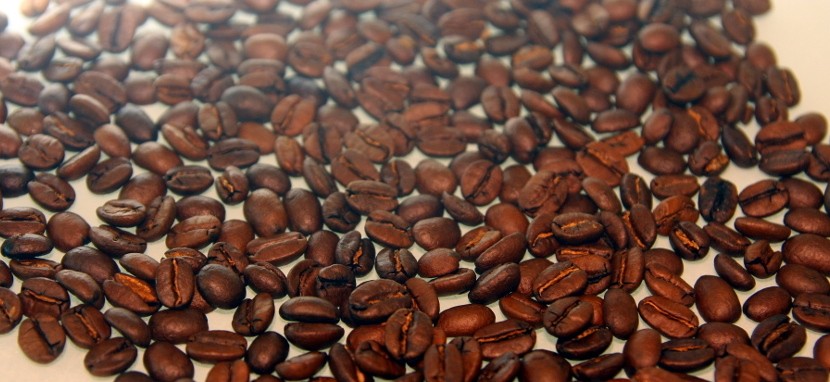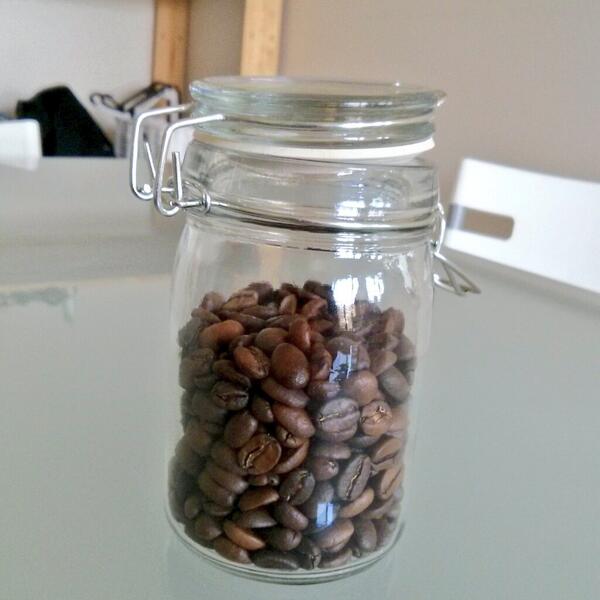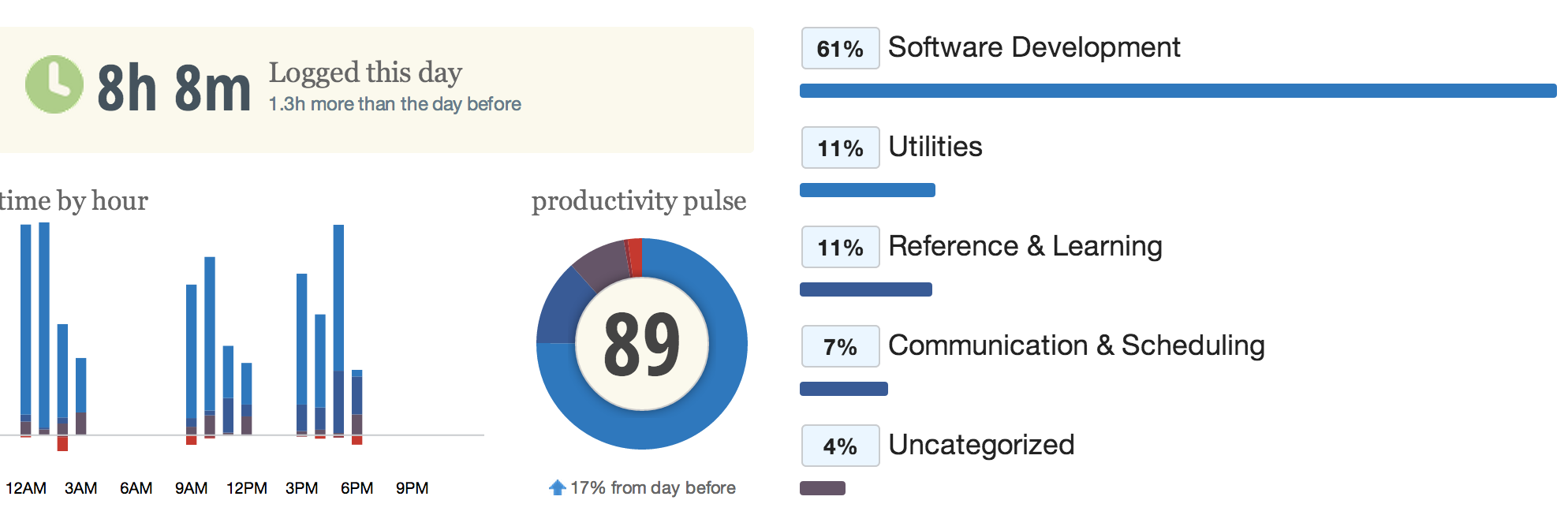You Should Roast Your Coffee In Two Stages (Now Comes With: OpenCV Tricks!)

If you follow me on Twitter (and you should), you will know that since about 3 months ago, I started roasting my own coffee. Yes, my coffee madness has culminated over the years to this. This was my first roast:

Since then I have roasted 16 batches. The variables I vary are: temperature, time, pre-roast mass, and technique. I use a regular $10 popcorn popper from KMart to roast my beans (I originally wanted to purchase a Behmor, but I decided that I should stay lean while learning how to roast coffee) – and I have a thermometer to roughly gauge the temperatures of the popcorn popper. Eventually I’ll hook the thermometer up to an Arduino, but that’s a story for another day.
Despite all the controls, I had problems with my roasts. They were okay to drink – not as bad as buying supermarket coffee, but they weren’t excellent. The main problem was consistency. My roasts were not consistent – some beans were darker than the others. Here were the factors that caused the beans to be inconsistently roasted:
- Different sized beans – Can’t do much here.
- Uneven heating – various causes:
- Popcorn popper too hot
- Popcorn popper doesn’t agitate the beans fast enough (too heavy? too light?)
- Popcorn popper doesn’t agitate the beans randomly enough
- Location of beans in popper
I eventually narrowed it down to the fact that the popcorn popper was too hot – it burns some beans before they could be agitated out. In fact, after the first two throwaway attempts of the roasting, I realized that 7 minutes or so in a popcorn popper as recommended by amateur roasters on the Internet would just burn my beans.
I did a quick lookup, and true enough, most amateur roasters on the web are Americans (or live in America). Are American popcorn poppers different?
[Read More]A Tale of Productivity
If you read my blog regularly, you’d recall that I can be quite obsessive over my productivity. I religiously track my productivity in a variety of metrics and tools – I have a premium account at RescueTime; I use Github to track the commit quantity and quality.
Yesterday was a very good day. The above screenshot shows the RescueTime dashboard report for the day. I had spent 89% of my tracked time on productive stuff. My Github records concur. Yesterday was a good day. I committed 14 commits to my project, and git diff --stat showed in total I wrote 1703 Lines of Code, and deleted 699 Lines of Code.
By comparison, according to RescueTime’s trivia bar, yesterday I was 20% more productive than my usual productivity pulse of 74. I also only usually manage to make one commit at about 200 LoC addition per day to my projects.
I was in short, on a roll. So how did I get so productive? This entire week has been rather productive for me. I believe I may have discovered what works for me when engaging in non-creative work.
[Read More]Dry Spell
Enunciate
Obsessive Frenzy
I like to think that I understand myself very well. But there are bits of me that even I don’t get. Over the past three weeks, the online advertising world had been rocked by massive incidences of fraud and malware. As part of my day job I have traced the sources of malware and fraud and we have ceased working with those companies behind them. At the same time I was also involved in a … let’s just call it consulting capacity to another potential fraud case (not within online advertising). I got into a frenzy working on both projects at the same time. Usually I would be happy that I’m highly productive, but this time round I felt rather miserable.
[Read More]You Mean You Didn't Know?
A few years ago, I attended an out-of-state wedding. I stayed with the bride-to-be and the groom-to-be. Not knowing the groom, I engaged in what I thought was an exploratory discussion into the groom-to-be’s life. I asked questions and let him talk about himself. Standard stuff you find in books on how to make friends.
I too have a problem. In real life (as well as online I suppose) I’ve built a reputation of being a stickler for accurate details — often to the point of pedantry I am told — there were quite a few things that he had mentioned that wasn’t quite right (as a lot of the things discussed had already been updated in the latest journals). A personality flaw of mine no doubt, was to point out that there was already updated knowledge about it.
I was later informed that the couple hadn’t been very happy with my visit. I was also told by my fiancee that I would constantly use the phrase “you mean you didn’t know?”. This phrase had become so ingrained to my speech that I hadn’t realized I had said it many times.
The problem with “you mean you didn’t know?” is that it sounds really condescending, even though I was genuinely surprised that someone didn’t know. Of course it could be meant to say that the other party is ill-informed, but it often was an expression of surprise, not one of condescension. Or so I thought anyway.
[Read More]An Aversion To Ship
How My Brain Runs Away
Getting Into the Flow of Things
Productivity and motivation gurus always talk about flow. Flow is a psychological state of being immersed and concentrated in doing something that everything outside doesn’t matter. It is very difficult to explain the concept of a flow, until one actually achieves and experiences it.
I’ve heard about flow for many many years – when we were younger, my father used to bring us kids to motivational seminars where we’d learn how to get into the flow – and on many occasions I thought I had experienced flow. But I had not. I only truly experienced flow once in late 2008. And immediately, it clicked and I instantly understood why it was called flow.
The experience came with my first ingestion of Ritalin. Ritalin (aka methylphenidate) is a drug used to treat attention deficit hyperactivity disorder (ADHD). It was (and still is I believe) rather used and abused by university students who want to concentrate while studying. All I did was have a slow release of methylphenidate and I achieved flow while studying Game Theory. Since then I realized a few things: a) flow is the way of getting things done; b) I probably have ADHD that was never treated.
That however, is besides the point. You see, once you have experienced the flow state, you tend to want to experience it again – afterall, you typically exit the flow state with positive results at hand. I was familiar with the standard advice on how to achieve flow:
- Have a clear objective
- Said objective must be challenging enough
- No interruptions
- Instant feedback on the subject matter (to form the feedback loop that will feed the flow)
Easier said than done. I remember many a days when I was in primary school, setting aside blocks of time of solitude to do my homework, but still end up sitting on the TV reading (yes, kids, back in the days, TVs were made of cathode-ray tubes and they were large, and I have a vivid memory of this incident of me ending up sitting on the telly while reading a Secret Seven book by Enid Blyton when I was supposed to be doing my homework or revising for exams). The same continued up to my university days, when I would set aside time to have no distractions, no internet, and yet achieve not much.
[Read More]